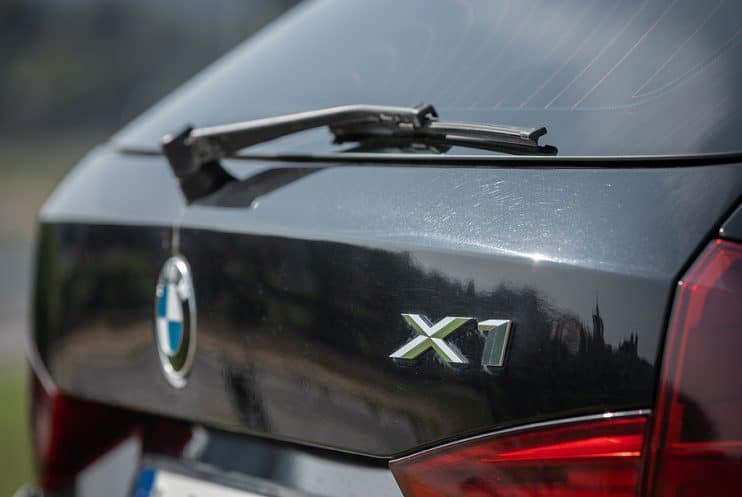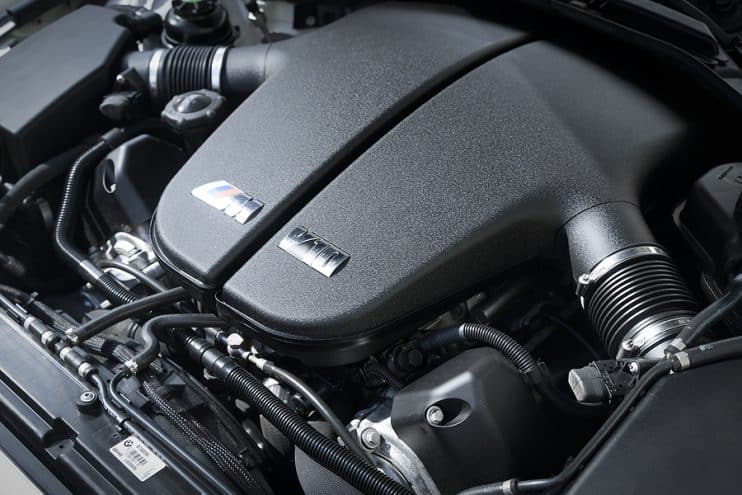
The BMW X1 is a compact luxury SUV produced by the German automaker BMW. Launched in 2009, the X1 combines the practicality of an SUV with the sporty handling and premium features that BMW is known for.
While the BMW X1 offers a dynamic performance, stylish design, and luxurious interior, it’s not without issues. Our guide provides an overview of the most common problems drivers report with the X1, along with tips on resolving them. While new and used BMW X1 parts can help you cut costs, the X1 can still be a relatively expensive car to maintain – so we’ll also give you an idea of maintenance costs and reliability.
Table of contents:
Common BMW X1 problems
From timing chain troubles to issues with the electric power steering system, here are some of the most common faults BMW X1 drivers and owners have reported.
Timing chain issues
One of the most significant concerns with the BMW X1, particularly in earlier models, is timing chain failure. This problem is more prevalent in models produced before 2015, especially those equipped with N20 and N26 engines. A failing timing chain can lead to severe engine damage, often needing extensive repairs or even a replacement engine. Warning signs to look out for include rattling noises from the engine, engine misfires and the check engine light coming on.
Regular maintenance and oil changes can reduce the risk of timing chain issues. Still, it’s essential to have the timing chain inspected by a qualified BMW specialist if you hear any rattling noises from the engine.

Turbocharger failures
BMW X1 models with turbocharged engines, especially those with higher mileage, may experience turbocharger problems. Symptoms include a loss of power, excessive smoke from the exhaust, and unusual whistling noises. These issues can stem from oil leaks, worn bearings, or damaged seals within the turbocharger.
To avoid these problems, inspect your turbocharger for wear and tear, use high-quality engine oil and change the oil at regular intervals. If you suspect turbo issues, have a qualified mechanic take a look.
Airbag recalls
Several BMW models, including the X1, have been subject to airbag recalls. This defect can cause airbags to deploy incorrectly, posing a safety risk.
If your X1 is affected, immediately contact your local BMW dealership to arrange a free airbag replacement.
Brake pad wear
Many BMW X1 owners report faster-than-expected brake pad wear, especially on the front brakes. This can lead to frequent brake bad replacements and, if neglected, damage to the brake discs.
Using high-quality brake pads and maintaining smooth braking habits, rather than hard driving, can extend the life of your brake pads and components. Have your X1 regularly inspected to monitor wear and avoid more costly repairs in the future.
Electrical issues
As with many modern vehicles featuring complex electronic systems, the BMW X1 can experience various electrical problems, such as issues with the infotainment system, power windows or battery drain. Causes can range from faulty wiring or fuses to issues with the control modules.
Ensure you update your vehicle’s software and carry out regular battery checks. If you continue to have persistent electrical issues, contact your local BMW specialist, as these problems often require specific diagnostic tools and fixes.
Problems with the suspension
Some BMW X1 owners report problems with their suspension, including premature wear of struts and shock absorbers. This can result in a rougher ride and impact your vehicle’s handling.
Have your suspension inspected regularly and replace worn components when needed.

Power steering concerns
Reports of electric power steering system issues, such as loss of power assist, stiff steering wheels or unusual noises, are not uncommon among BMW X1 drivers. They may be due to power steering fluid leaks or problems with the power steering pump.
If you experience any steering difficulties, have your vehicle inspected as soon as possible. In many cases, issues can be fixed with a software update or the timely replacement of a specific part rather than a complete system overhaul. Ensure your vehicle has regular power steering fluid changes and inspections, too.
Is the BMW X1 reliable?
The reliability of the BMW X1 can vary depending on the model year and how well it has been maintained. Earlier models are more prone to the issues mentioned above, while later models have shown improvements in reliability as BMW addressed problems. It’s worth knowing that What Car? ranks the model fourth out of 39 cars in the family SUV class in their most recent Reliability Survey.
Are BMW X1 repairs expensive?
BMW vehicles, including the X1, are generally more expensive to maintain than non-luxury brands. UK drivers should anticipate higher costs due to specialised parts and expert servicing. On average, BMW X1 owners can expect to pay around £750 per year for maintenance and repairs, though this can vary based on your vehicle’s condition and usage.
Sticking to your recommended service schedule can prevent minor issues from becoming major ones and reduce any costly repairs. Try to shop around and compare prices from local BMW specialists and independent garages to find the most competitive rates. Consider an extended warranty if you plan to keep your X1 beyond the manufacturer’s warranty period.










.png)